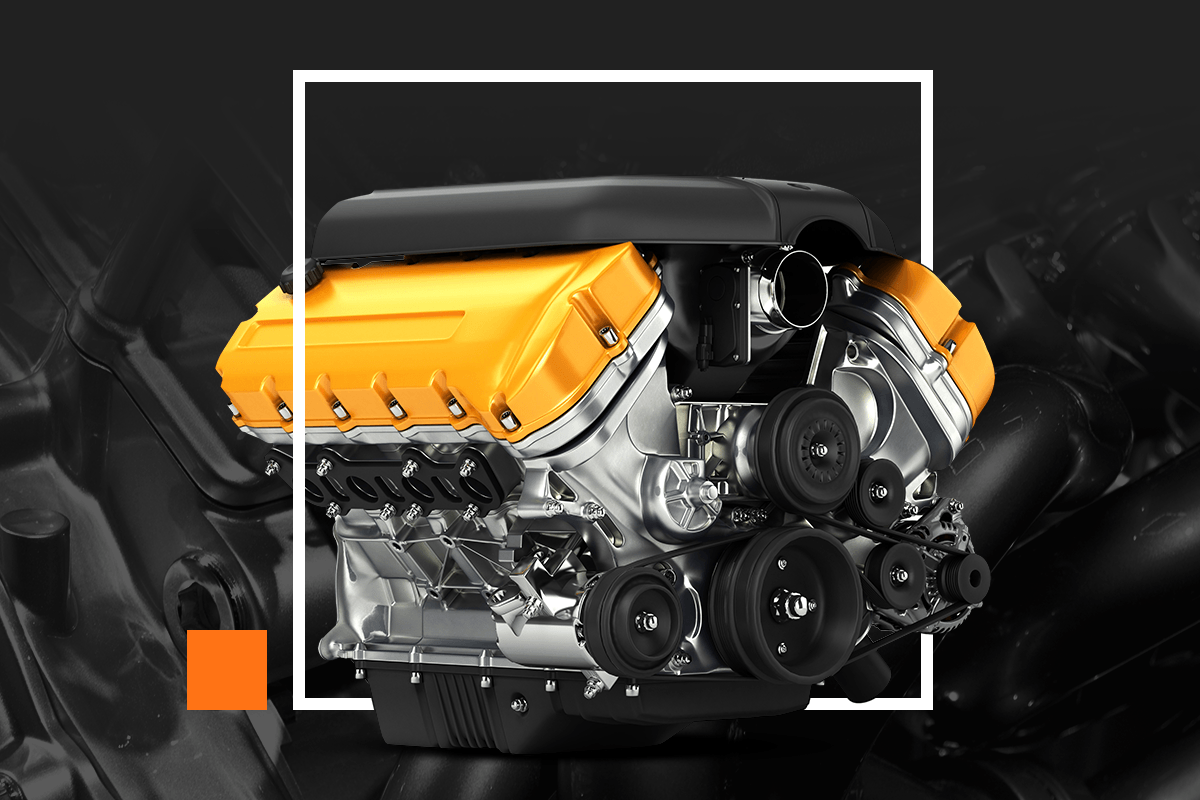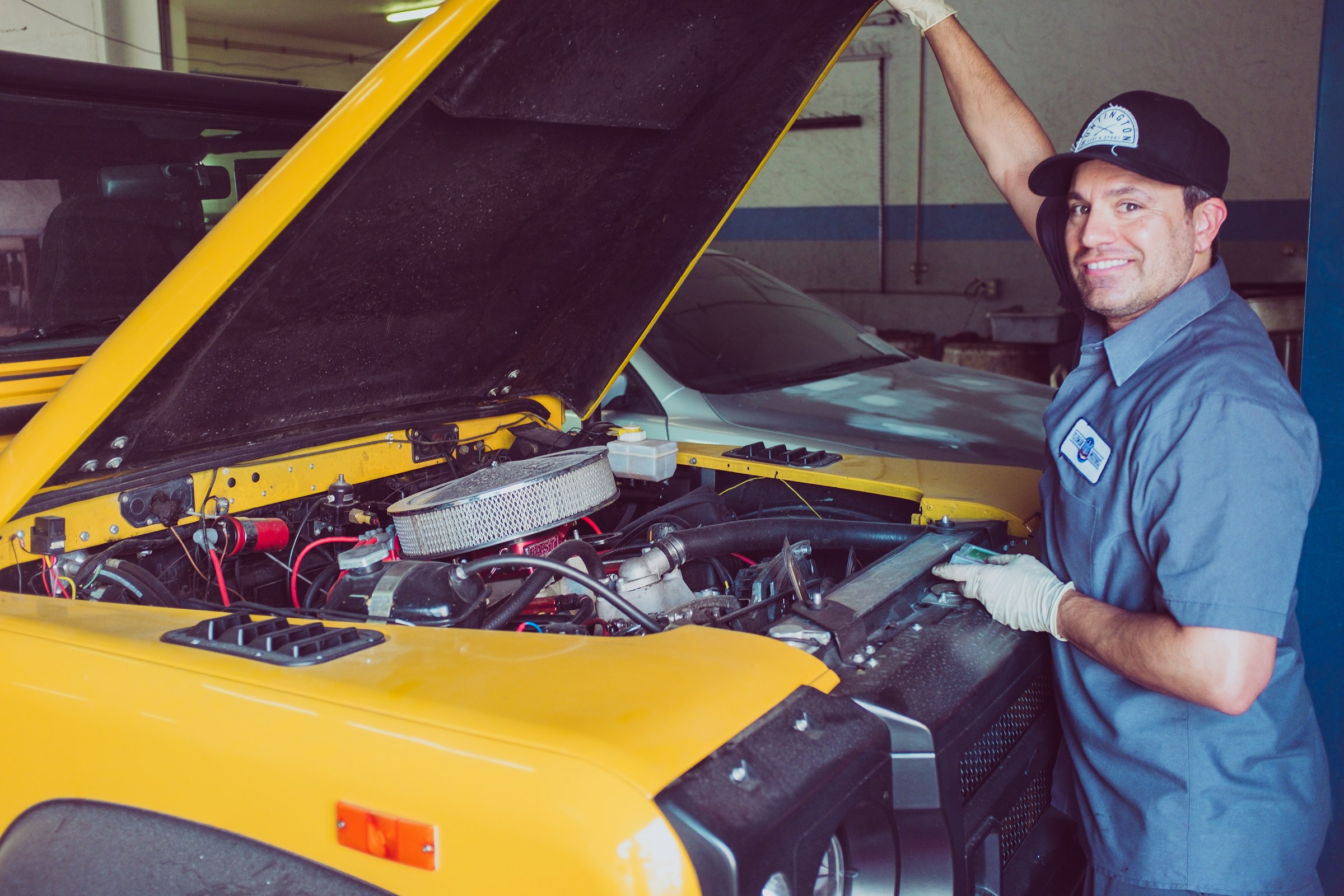How To Check a Car Engine Before Buying
Jul 14, 2021

As an Amazon Associate, Modded gets commissions for purchases made through links in this post.
Are you in the market for a used car? While purchasing a pre-owned vehicle can save you a ton of money, doing so can be risky. After all, a car could look absolutely flawless on the outside and have major mechanical issues inside. So, whether you’re buying from a dealer or a total stranger, it’s important to know how to check a car engine before buying.
Here’s what to look for in your next car to make sure you pick a winner.
1. Look for Leaks
Used cars can leak all kinds of fluid and cause major damage, which you’ll have to pay to repair. However, if you point out problems before buying the vehicle, the seller may be willing to lower the price. Therefore, it’s important to know where to look when searching for leaks.
First, check under the hood for dripping, oozing, stains and other potential warning signs. Then, check the car’s underbelly, paying attention to the engine and transmission. If these components appear to be moist, you may have an oil leak on your hands.
2. Use Your Nose
Another way to check for leaks is to use your nose. Is there a strong burnt oil smell under the hood when the ignition is on? If so, there could be problems with the engine oil, transmission or cooling system. Take a few whiffs of the exhaust fumes, too. If it has a particularly strong smell and the smoke is blue or black, the engine could be burning oil, which isn’t a good sign.
3. Check Records
Of course, there’s often more to a car than meets the eye — or nose! — so you should check its service records before making a final decision. Use the vehicle’s VIN number to look up its history, including its service records. This information will help you figure out if it’s had regular maintenance, like oil changes.
You can also use the VIN number to access details about the vehicle’s registration, recalls and accident record. Find out how many owners it’s had, how many fender-benders it’s been in and how many insurance claims have been filed on it. If this information is different from what the current owner is telling you, it may be wise to look elsewhere. After all, if they’re lying about or withholding that data, there’s no telling what else they might be hiding.
4. Cold Start the Car
Reveal other less apparent problems by cold starting the vehicle. Listen for strange noises when you first start the engine. If there’s rattling or other loud sounds, the timing belt, drivetrain and engine may be misfiring. Meanwhile, if the car has difficulty starting, there could be a problem with the battery or starter motor. Either way, it’s best to move on and find a different vehicle.
5. Take a Test Drive
Once the car is running, take it for a test drive. Roll around the neighborhood and get on the highway if possible. Listen for engine noises, vibrations, sticky pedals, a pull to one side or another and other driveability issues. The engine should run smoothly without any hesitation and the idle speed should be stable. Watch the engine temperature gauge on the dash, too, for signs of overheating.
6. Watch Out for Mods
Does the car you’re looking at have any performance modifications? Maybe the previous owner raised or lowered the body or messed with the air and fuel intakes. While these modifications may make the car look super cool, they can damage the engine and exhaust if done improperly. Therefore, it may be wise to steer clear of cars with major mods unless the owner has a legitimate reason for adding them.
7. Bring an Expert
Buying a used car is a big commitment, one you should feel comfortable making. However, if you don’t know much about cars and are still unsure of what to look for, bring an expert with you.
Maybe you have a brother, cousin or friend who knows their way around an engine. Ask them if they wouldn’t mind coming along to inspect your next potential whip. Their knowledge and expert advice could save you hundreds in repair bills and help you find a better ride.
How to Check a Car Engine Before Buying: Go With Your Gut
Sometimes, you’ll come across a car that seems perfect, but something doesn’t sit quite right. Maybe the engine sounds strong, but the dealer seems shady or the interior smells funky. In this case, the best thing you can do is trust your gut.
While your buddies — and the seller — may chide you for passing up a seemingly flawless vehicle, you’ll feel better if you follow your intuition and wait a bit longer to make a purchase. So take your time and trust that something good is coming your way soon.






